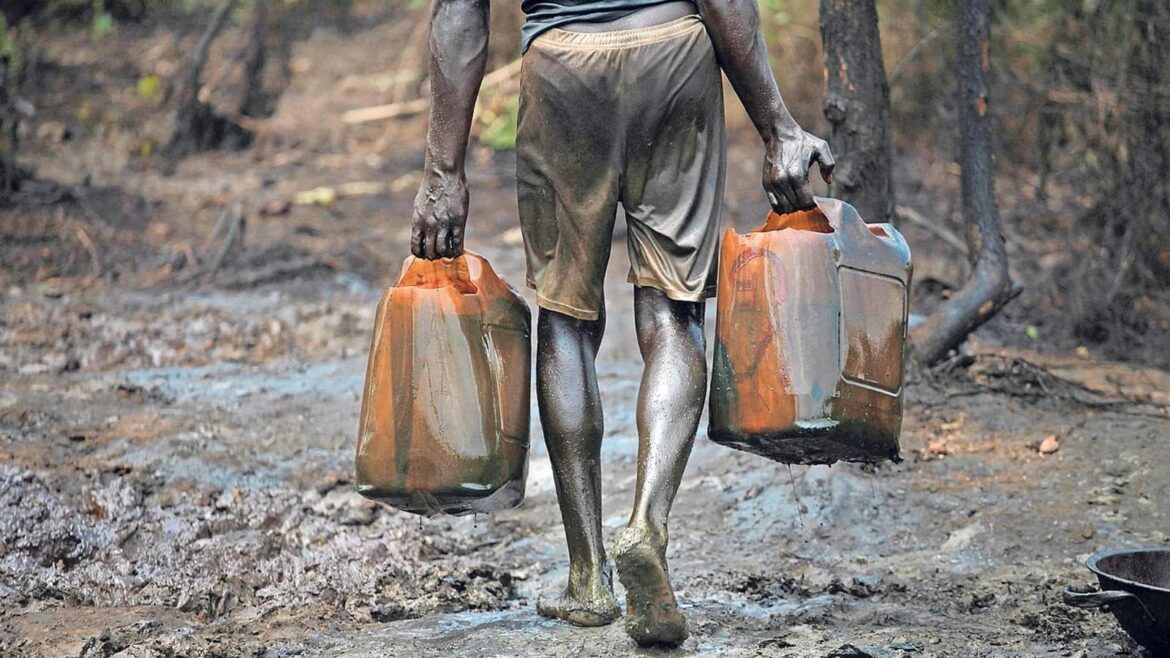Amnesty International urges that any sales approval process for Shell’s business in Nigeria must be comprehensive and involve safeguards to protect human rights.
Reacting to the Nigerian oil industry regulator’s offer to fast-track sales approvals for oil companies selling their businesses, Isa Sanusi, Amnesty International Nigeria Director, emphasized the need for Shell to be held accountable for its long history of human rights abuses in the Niger Delta.
“With Shell currently seeking regulatory approval for the sale of its business in the Niger Delta, it is essential that it is held fully accountable for decades of grievous human rights abuses related to oil spills, which have polluted the environment, contaminated drinking water, and poisoned agricultural land, fisheries, and people,” Sanusi stated.
Sanusi expressed concern that the proposed fast-track approvals process might allow Shell to evade responsibility and neglect the suffering caused by its operations.
He stressed that any expedited sales process should not enable Shell to abandon the local communities affected by its activities.
“We are concerned the proposed fast-track option potentially gives large oil companies the upper hand in negotiations around sales approvals and will exclude affected local communities from the decision-making process,” Sanusi added.
He emphasized the necessity for any approval to ensure that buyers have the operational expertise and financial stability to manage acquired operations safely and effectively.
Amnesty International recommends that the sales approval process for Shell’s business in Nigeria must be comprehensive and involve safeguards to protect human rights.
This includes an environmental study to assess clean-up requirements, an inventory of the physical assets being sold, and an evaluation to ensure sufficient funds are allocated for the decommissioning of oil infrastructure.
“Shell’s sale must not be allowed to add to the fossil fuel industry’s long and woeful record of pollution by leaving more harm in its wake.
Amnesty International is campaigning for a fast phase-out of fossil fuels and a fair transition to renewables,” Sanusi stated.
In January, Shell announced its agreement to sell the Shell Petroleum Development Company of Nigeria (SPDC) to the Renaissance consortium, comprising four exploration and production companies based in Nigeria and an international energy group.
The deal is valued at up to $2.4 billion, partially financed by a loan from Shell to the buyers. The head of the Nigerian Upstream Petroleum Regulatory Commission highlighted the fast-track approvals option during a recent meeting with representatives from major oil companies, including Shell and Exxon Mobil, in Abuja.
![]()




